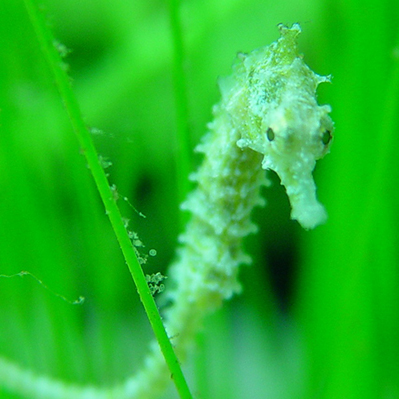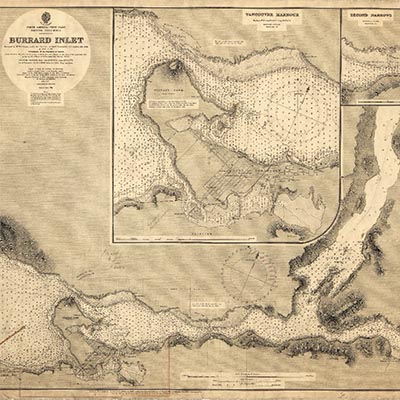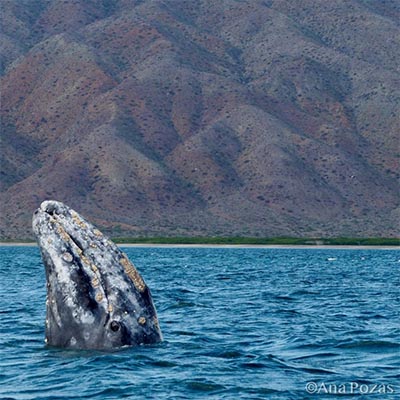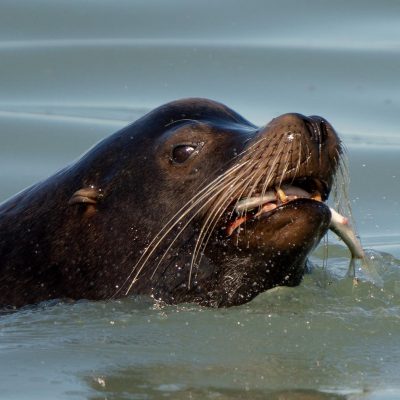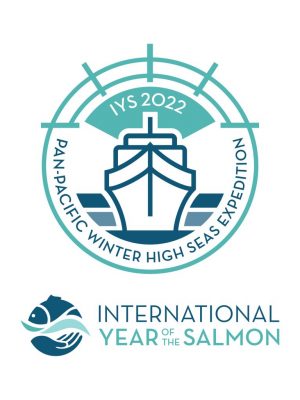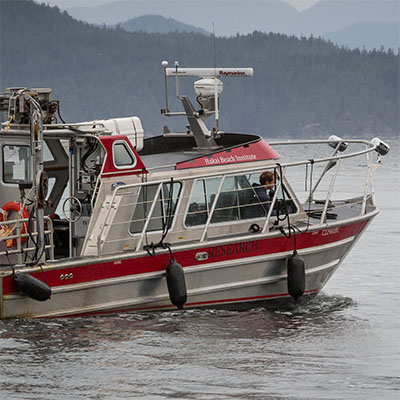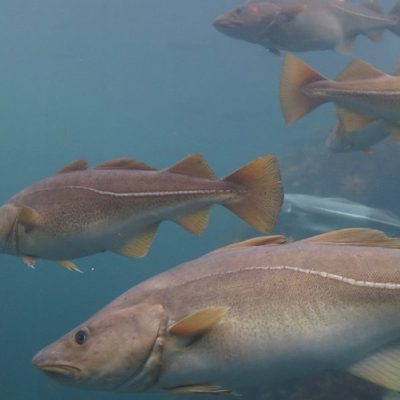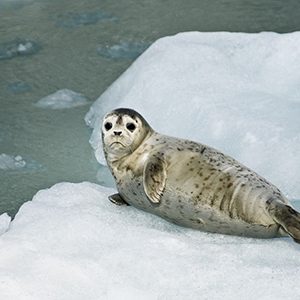CITES makes a difference to the trade in live seahorses
Project Seahorse reports on the first quantitative analysis of how CITES has influenced the international trade in marine fishes.
New FCRRs: Historical Ecology in Burrard Inlet and Reconstructing the pre-contact shoreline of Burrard Inlet
These two new Fisheries Centre Research Reports will help us understand the overpowering changes that colonial settlement and development has had on the marine ecosystems surrounding the Lower Mainland area of British Columbia.
Grey Whale Watching in Baja California Sur, Mexico
It’s that time of year again, when people and grey whales head to the lagoons of Baja California Sur for the annual winter event.
WEBINAR: Subsidizing extinction: Subsidies, Sustainable Development Goals and the World Trade Organization
The video of this webinar is now available. Open this page to view.
Partnership between UBC researchers, marine stewards and K’ómoks First Nation spawns new microplastics findings
What they found helps illuminate the study of microplastics in the ocean, an area of pollution research that is garnering lots of attention due to the many unknowns about how these particles damage the health of organisms that ingest them.
In Memoriam: Jeffrey Hutchings
Jeffrey Alexander Hutchings FRSC (September 11, 1958 – January 30, 2022) was a professor of biology, and the Izaak Walton Killam Memorial Chair in Fish, Fisheries, and Oceans at Dalhousie University.
UBC scientists sail the high seas for salmon
The third International Year of the Salmon Pan-Pacific Winter High Seas Expedition will continue to answer questions about a crucial salmon life stage that is poorly understood
These bodies of water are right next to each other, but oceans apart
Areas of B.C.’s coastal ocean may look similar from above water, but under the water, they can be completely different worlds, in terms of temperature, salinity, ocean acidification, and nutrient concentrations.
New model helps predict climate change-induced early spawning by fish
Fisheries managers and researchers may now predict how early fish will spawn in response to warming waters due to climate change, both in the oceans and in freshwaters.
Long-term studies quantify the prey requirements of pinnipeds, and help predict the effects of nutritional stress
Two new studies by Dr. David Rosen answer the question: “How much fish does a seal need?”
